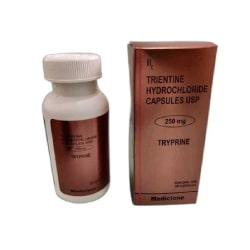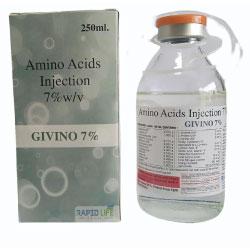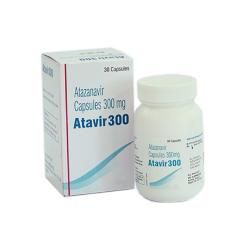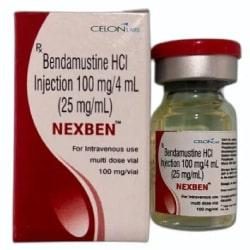Description
Trientine Hydrochloride Capsules, a chelating agent, is employed for treating Wilson’s disease (hepatolenticular degeneration) in individuals unable to tolerate Penicillamine. It is specifically recommended when ongoing Penicillamine therapy becomes impractical due to severe or life-threatening side effects.
Limitation(s) of Use:
- Unlike Penicillamine, Trientine Capsule is not suitable for treating cystinuria or rheumatoid arthritis (RA). Furthermore, it is not intended for the treatment of biliary cirrhosis.
Dosage and Side Effects
The initial suggested dosing for Trientine Capsules is between 500 mg to 750 mg per day for pediatric patients and 750 mg to 1,250 mg per day for adults, distributed throughout 2, 3, or 4 doses daily. The dosage can be increased to a maximum of 2,000 mg daily for adults or 1,500 mg daily for pediatric patients aged 12 or younger.
Adjustments in dosage should only occur if there’s an insufficient response to treatment or if the free serum copper levels consistently exceed 20 mcg/dL. Determining the appropriate ongoing maintenance dosage should be reassessed every 6 to 12 months.
For optimal efficacy, take Trientine Capsule on an empty stomach, at least an hour before or two hours after meals, and ensure at least an hour gap from other medications, food, or milk. Swallow the capsules whole with water and refrain from chewing or opening them.
Common side effects of trientine hydrochloride Capsule might include stomach discomfort, heartburn, appetite loss, general malaise, dark or tar-like stools, mouth sores, and changes in skin texture such as cracking, flaking, or thickening.
FAQ's
How Should Trientine Be Taken?
Commercially, Trentine Capsules comes in 250 mg and 300 mg that are meant to be taken orally.
How is Trientine stored?
Keep the Trientine HCL capsules in their original container and store them at room temperature (not over 30°C).






